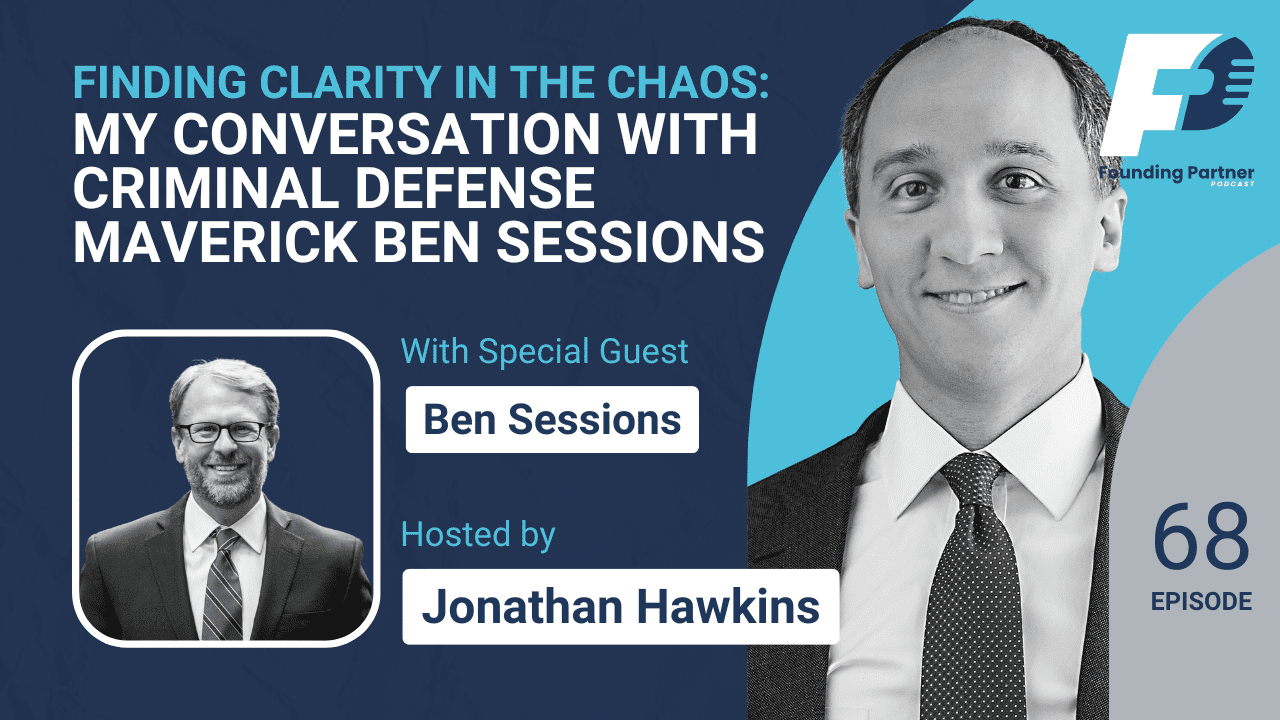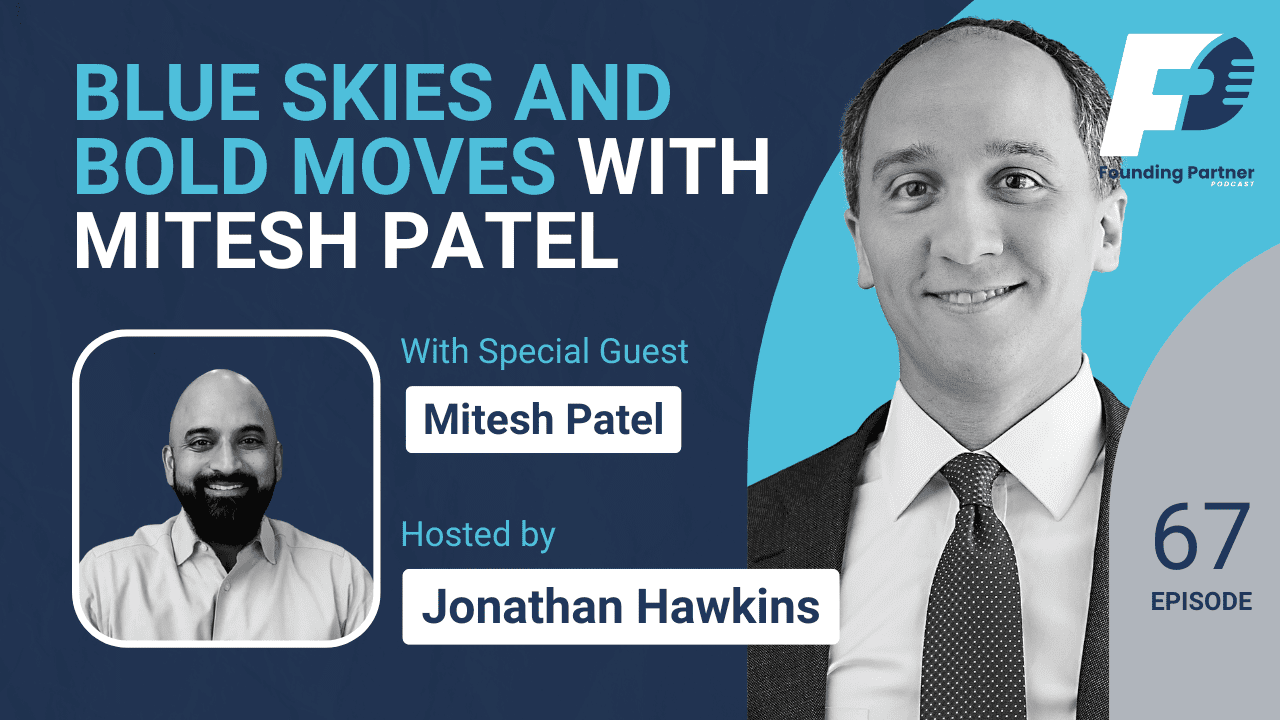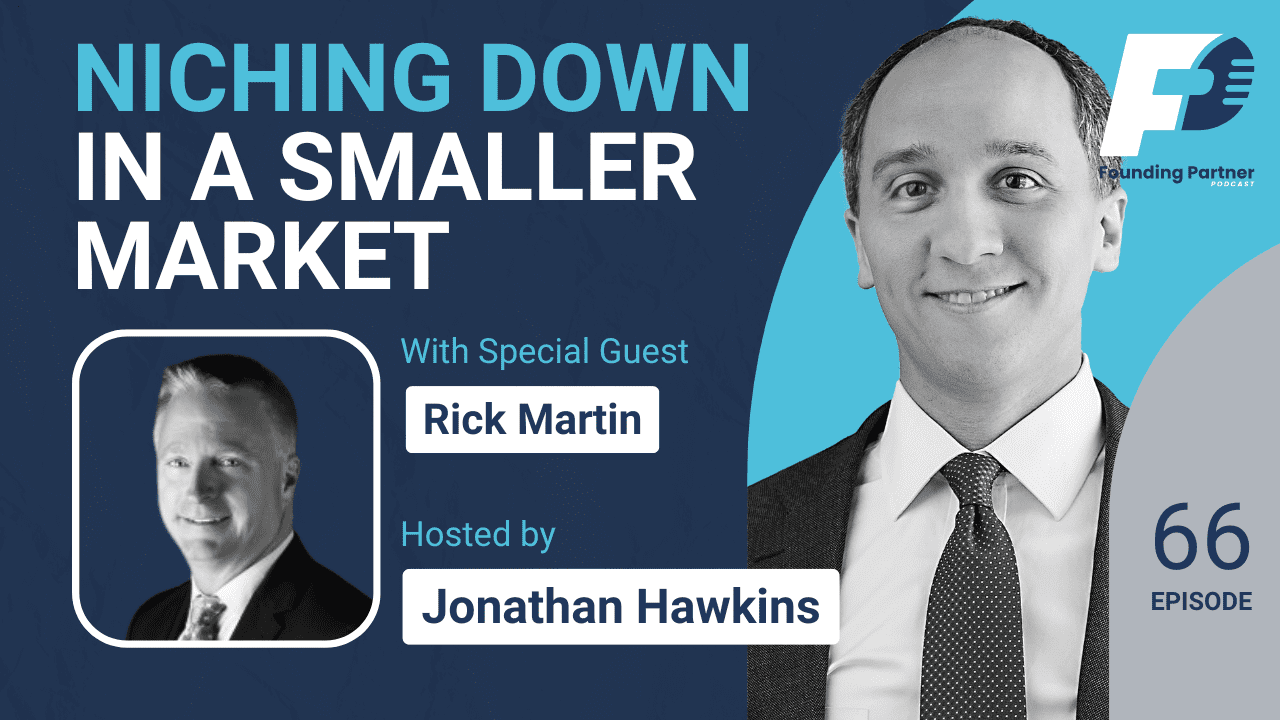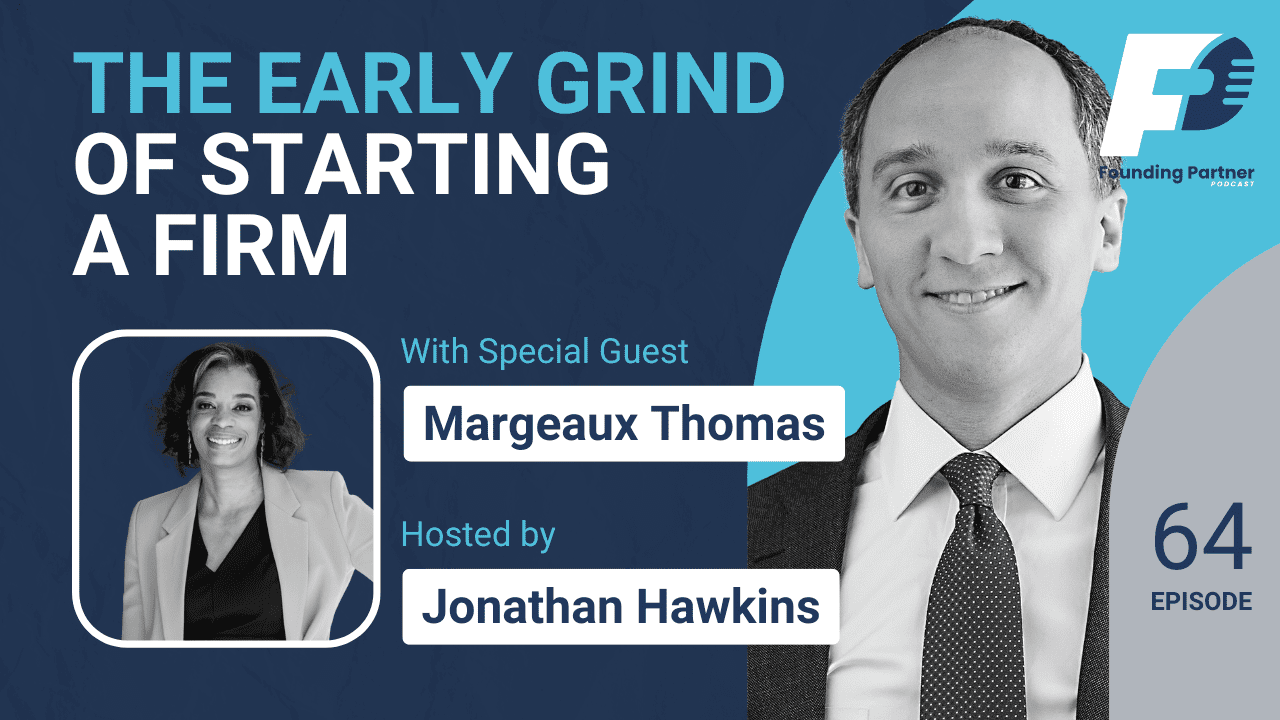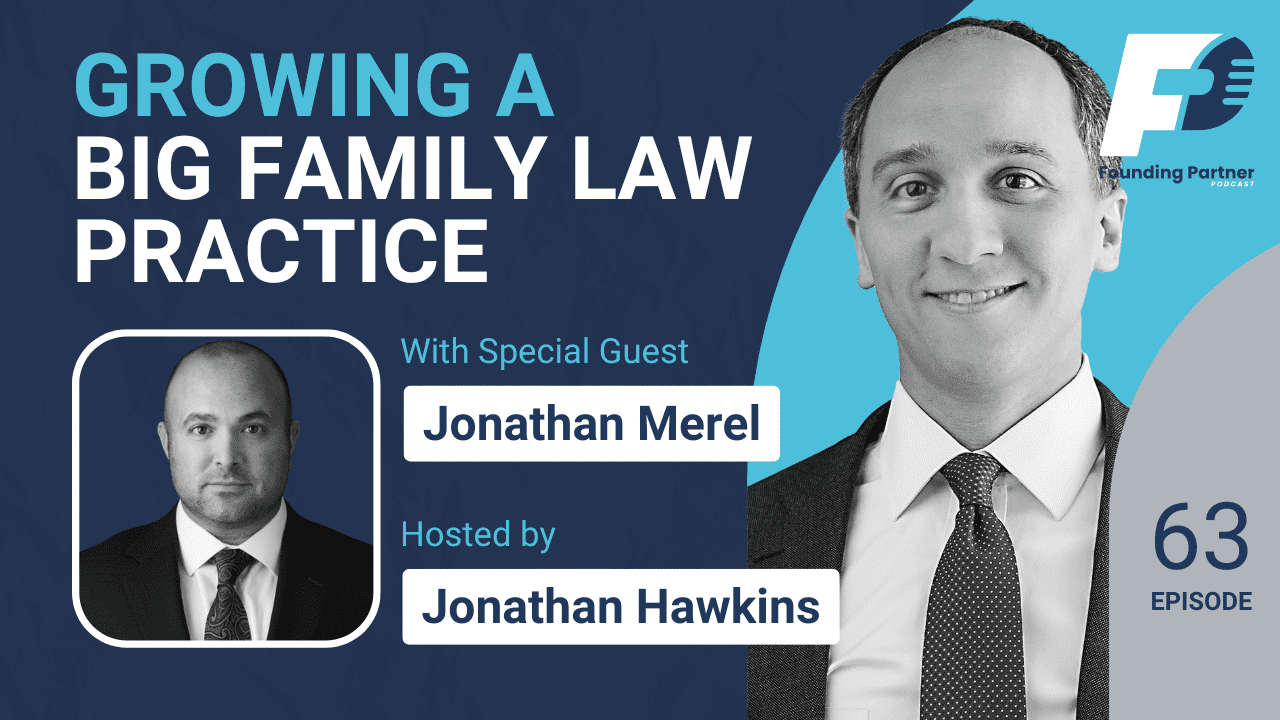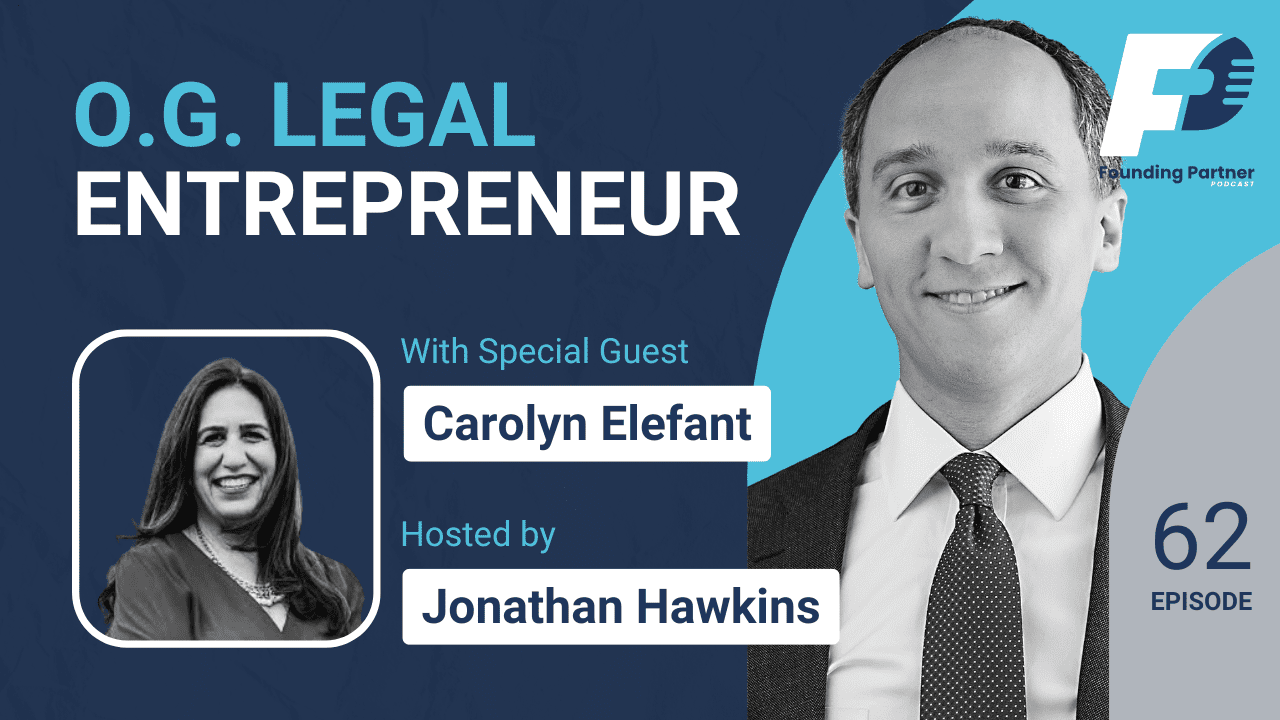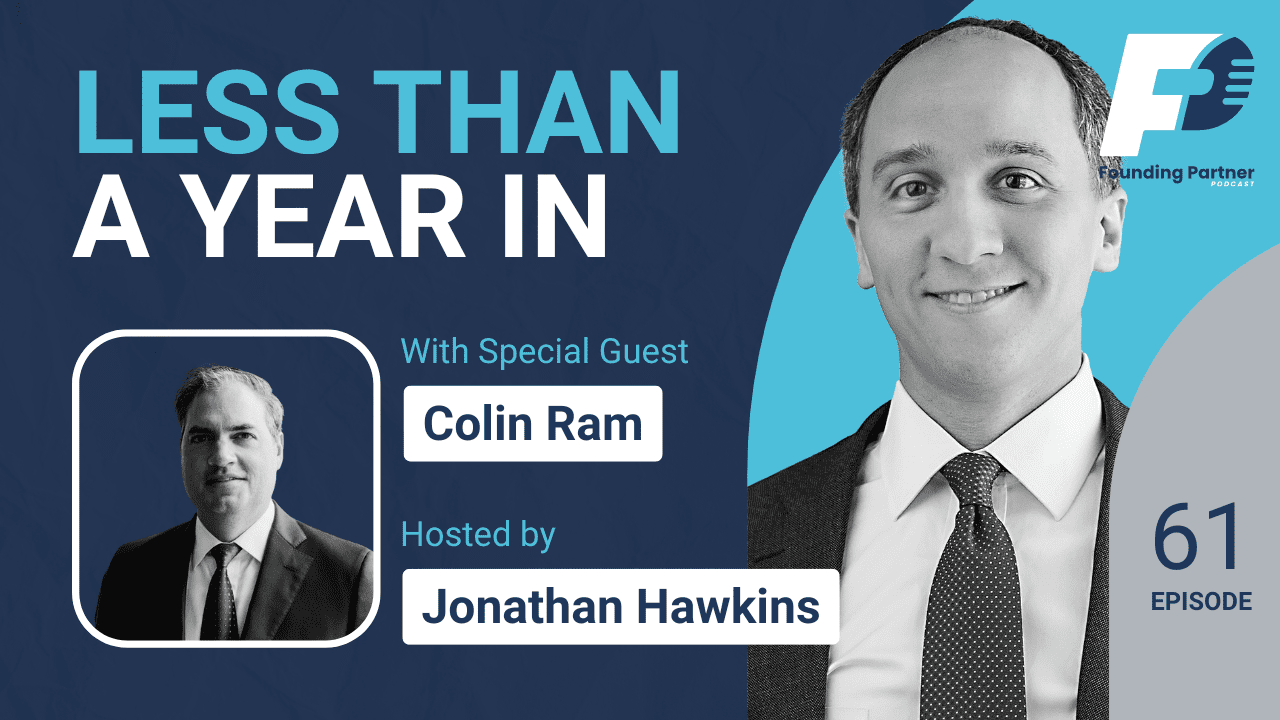Jonathan Hawkins: All right. So for the subscription stuff, some of the logistics I’ve heard. So for example they have a scope and they say you can have unlimited access to me, but you have to contact me through this technology. And if you let me a different way, then you’re going to get charged an hourly rate or some sort of penalty.
And you’ve got to sort of train the clients to use the software. Did you have to go through that?
Owen Mcgrann: So I have not done it quite like that. I do require, that I don’t take unscheduled calls from anybody in any of my firms, but for seed council, especially there is a single link that gets to a calendar where they can schedule specifically for this. If they try any other way, I tell them straight up, straight up, I’m going to ignore the shit out of you.
You’re not going to get help the only way to get me is by clicking this link. I put that in the engagement agreement, right? We have a communications policy that they have to sign as well. [00:01:00] And that’s the exclusive way to get me. They can go into the mighty networks, leave a message, you know, and a group board or something like that.
Other people can respond to them. My staff can respond to them, but if they want me. There’s one link and you press it.
Jonathan Hawkins: That’s key. You got to train them. So, as this too I know a lot of attorneys in the startup world will take equity partial payment or in full payment of their services. Do you do that?
Owen Mcgrann: Yeah, I do. And again, I mean, in some ways, startup firms that do that. I mean, we’re basically a very specialized kind of VC, right? Where we have to do some diligence on it on a company before we make that bet. Right? But yeah, I have equity. I think now in 19. And the idea is, you know, that’s payment up until you get revenue positive at that point, we go on to a subscription and we go from there.
Jonathan Hawkins: I like that. And I mean, look, it’s [00:02:00] like a VC fund, you know, one in 10, one in 20 is going to pay off, the rest are going to be losers. So you’re almost there. You got one more and one of them is going to work.
Owen Mcgrann: That’s right. Then I get my lake house.
Jonathan Hawkins: Well, cool. So we’ve talked a lot about law firms and all that kind of stuff. So let’s shift some of your personal stuff. I know you got, like I said earlier, you got a lot of stuff you’re doing, which is cool. So you’ve got a podcast called Sonder Union, so tell me about that.
Owen Mcgrann: Yeah. So Sonder Union came about as do most of my projects on a whim. And you mentioned disc earlier, I’m a quick start of 10. And so I came up with the idea. I messaged three people to be guests. before I had a chance to say, maybe this isn’t the best idea. I got accomplices. And once I got accomplices, I had to do it.
But the premise of the podcast is to explicitly have no business purpose at all, right? It’s designed to bring on people that I know, maybe a little bit, maybe have traded [00:03:00] messages with, but have not spent any actual significant time with. And the design is. to just have a conversation and learn a little bit about each other in a way that I hope does something a little bit different from most podcasts, which for good reason have, you know, a business purpose.
They’re to invite people on to sell something or to push, you know, a project of theirs or something like that. And Sonder Union is kind of the anti-podcast in that sense where you just get on and every episode is very different, right? Because it turns out to just be, we chase rabbits and we go from there.
Jonathan Hawkins: You know, everybody needs some of that I’m addicted to podcasts. I love business podcasts. I mean, hell, we’re on one now we’re on one now, but I get business podcast fatigue and sometimes I got to just do something. It’s like a, I mean, I don’t read. Speech books, but you know, it’s a similar thing.
You need the candy, you know, you don’t have to think as much, just have fun with it, that’s cool. So, is it a fairly regular thing or is it just sort of as you find happy?
Owen Mcgrann: It’s [00:04:00] usually about once every two weeks. One, when I had my when my wife had our baby, I didn’t have the baby. That would be a different story. When my wife had our baby in July, things tailed off a little bit. And so there’s a bit of a break, but getting back on that horse and getting some stuff out now too, so, yeah.
You know, it’s, I mean, you know, it’s fun to do, but it’s also kind of a slog to get everything set up and to make sure that you’ve got somebody ready to go for the next one and getting the editing done and all that kind of stuff. So,
Jonathan Hawkins: Yeah. So if running two law firms doing a podcast weren’t enough. You’re also writing a book, right?
Owen Mcgrann: Yeah, I am 60,000 words into a novel and, you know, the thing, you know, when, if you’re out and people say, so what do you do, right? So many of us default to our day jobs, right? And when I’m asked that question, lawyer appears like seventh or eighth on the list of the way that I think of myself.
I [00:05:00] like being a lawyer now. I didn’t when I was in big law. But I like the work that I do now and I like the challenge of it and all that kinda stuff, but if I didn’t make money doing it, I would stop now, wouldn’t do it. I don’t find that the law itself is intrinsically interesting at all.
It’s in that middle part of it of the Venn diagram where things that I’m good at and things that people will pay me to do, right? There’s a tiny sliver. Tiny sliver in the middle there and law fits into that sliver. So I found a way to make it work for me, but you know, I think of myself more as a writer as a musician as somebody who is generally creative and some of that.
So it’s interesting because the sort of unlock for me with business was realizing that building a business was a creative endeavor. Right? When I was a kid, I didn’t realize that, right? That you are breathing life into something and giving it character and you are creating something that wasn’t there.
[00:06:00] And that itself is fun. And so, you know, there’s an aspect of that fits into the creative aspect of the way that I generally think of myself.
Jonathan Hawkins: Completely agree with you. It’s funny about building a business, whether it’s a law firm or anything else. It wasn’t there before you had a blank canvas. It was in your head, maybe. And you had a seed and then it’s grown a lot of times it grows in ways you never even imagined when you started it.
And it’s fun. It’s hard, but it’s fun. It’s funny. The other thing you said is how you you know, self-identify, you know, I grew up playing the drums. I haven’t really played hardly in years, but I still view myself as a drummer.
Owen Mcgrann: Of course, right? Because there was a point in your life where that was incredibly important to you. I’m sure. Right.
Jonathan Hawkins: I wanted to be a rock star at one point. Yeah.
Owen Mcgrann: Yeah, you know, I tried. It obviously didn’t work. But you know, there is something that you learn from about yourself from doing those kinds of things, right? I am very much an [00:07:00] introvert, right?
I didn’t realize this until later in life, but most performers are you know, we think of performance as larger than life, you know, and we think, oh, they’re just extroverts. I mean, sure, there are some, but for the most part, introverts are the ones who get up on stage and inhabit something, right?
If you put me in a room unstructured with a bunch of people, I’m a wallflower. If you put me on stage with everybody looking at me, I turn on, right? And there’s a weird dichotomy in that kind of dynamic.
Jonathan Hawkins: Yeah. I can see that. It’s a way to express yourself when maybe in a normal circumstance, it’s harder. I’m in the same boat. I’m more of an introvert and it’s like getting on stage, you know, nervous as hell, but it just feels good. You know, it just.
Owen Mcgrann: It does. Yeah.
Jonathan Hawkins: So yeah, so you’re a musician. So tell me about that. What do you play? What kind of stuff do you do?
Owen Mcgrann: Yeah. So I mean, my main instrument is the guitar. But I can fake it well enough on drums, bass, [00:08:00] banjo. I can play mandolin, but I’m 6’6, and, the necks are tiny, like fingering the frets with meatball hands is a little bit difficult. You know, I can play keys enough that you probably wouldn’t know that I have no idea what I’m doing.
But you know, entirely self-taught. My mom got me guitar lessons when I first got the guitar and I walked in and the guy was like, okay, we’re going to
learn to read music. And the first song you’re going to learn is the ode to joy. I want to play Hendrix. What the hell is this? Like, no, no, I’m out.
Jonathan Hawkins: So do you compose, do you compose stuff, record stuff?
Owen Mcgrann: Yeah.
Jonathan Hawkins: That’s cool. You can do it all. I like those kinds of musicians that do all the tracks. Do you do that?
Owen Mcgrann: I do.
Jonathan Hawkins: That’s sweet. That’s awesome.
Owen Mcgrann: It’s a way to decompress now, right? I used to do it. It’s amazing how you go through stages with things, right? And using music as an analogy to any number of the things that we’ve talked about here, right? I started doing it because I [00:09:00] was curious and it sounded like it would be fun.
Right. And then I got just good enough at it to realize that, Hey, I can be pretty good at this. And you get serious, right? And then you get far enough along that you’re playing with other people and you get really good. And you get on stage and you start playing shows and you start touring a little bit, and then it becomes work, right?
It’s not fun anymore because you’re doing the same tracks over and over again. You’re playing the same songs the same way. And somebody starts getting bored in the middle of a show and does something that’s unexpected. And then you know, and it keeps morphing that way. But at some point, you stop doing it because it’s work and you let it lay fallow for a little bit and then you come back to it and it’s fun again.
I think a lot of us approach our businesses kind of in the same way sometimes, right? At first, it’s like, okay, this is gonna be great. And then you go through that same sort of progression where you get bigger and bigger and you get better. And then at some point, you’re like, fuck this.
Jonathan Hawkins: Yeah, you know, one of the things I really liked about, you know, drumming [00:10:00] is that you can see incremental gains, you know like you suck when you first learn a new polyrhythm or whatever. You’re like, you can’t even do it. Your brain doesn’t work. You slow it down, you get a little bit better and then you get a little bit better, a little bit faster, and a little bit smoother.
And then, you know, two months later, it’s super easy. You know, like you don’t even remember how hard it was. And it’s like, I see that in all aspects of my life. If you just keep trying, you’re going to get
Owen Mcgrann: Yeah. You know, and I mean, I think one of the, if not the most impactful skill that somebody can develop is some comfort in sucking at something long enough to get good at it, right? Knowing that it’s not going to be immediately, where you want it to be that, you know, when you’re practicing, your parents are going to say, could you be a little bit quieter for a while?
Right? You’re killing my ears, whether that’s learning an instrument or, you know, building out a new [00:11:00] practice area or, you know, whatever it is, if you’re comfortable at not being good at it for long enough that you get slowly better at it and competent and then good. That’s what it’s all about.
Jonathan Hawkins: Yeah you know, it’s funny. I just, just remembered, that I have these dreams from time to time getting deep here where I’m. You know, I haven’t played drums very much in a long time, but it’s like, I’m going on stage for a show and I just completely screw it up.
Owen Mcgrann: Yeah. Yeah.
Jonathan Hawkins: It’s like, what did I do that for? That’s my shot. And I screwed it up. Well, I want, this has been fun, man. This is why we’ve been going at it for a while, so I appreciate you coming on. But, you know, for anybody out there that wants to find you, number one, I’ll say, I recommend people follow you on LinkedIn. That’s where I came across you. And you have some really, you know, insightful and deep posts on there that make you think.
So keep doing that but other than LinkedIn, if somebody wants to find you, what’s the best place?
Owen Mcgrann: Yeah, yeah. I [00:12:00] mean, if you would like to email me, it’s Owen at McGrann, MCGRANNLaw.com. You can also go to the website or see Council.io. I stay off social media except for LinkedIn. But yeah, you know, I do respond. I’m not scared. So,
Jonathan Hawkins: Well, cool. Well, thanks again.
Owen Mcgrann: Hey, thanks so much for having me. This was a lot of fun.


